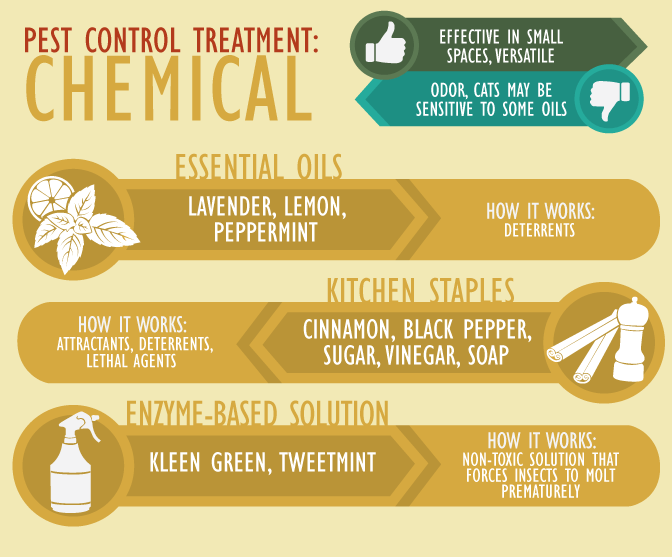Lasting Solutions For Bug Administration: An Eco-Friendly Guide
Lasting Solutions For Bug Administration: An Eco-Friendly Guide
Blog Article
Write-Up Author-Briggs McBride
They claim 'avoidance is far better than cure,' and this saying holds true when it comes to pest control. You may recognize the relevance of maintaining your home or service without insects, however have you ever took into consideration the ecological effect of the methods used to accomplish this?
In this discussion, we will discover the different parasite control methods offered and their potential results on the environment. From using visit my home page to natural pest control methods and sustainable approaches like incorporated pest management, there is much to learn about the choices we make and their effect on the globe around us.
So, distort up and prepare yourself to uncover the truth behind parasite control methods and their environmental repercussions.
Chemical Pesticides and Their Ecological Impact
Chemical chemicals have a substantial ecological impact, which can be better understood by examining their use and results.
When you make use of chemical pesticides to manage bugs, they can wind up harming not only the targeted bugs however additionally valuable pests, birds, and various other pets. These pesticides commonly linger in the environment, contaminating dirt, water, and air. They can likewise accumulate in the food cycle, posing a risk to human wellness.
In addition, chemical pesticides can disrupt communities by killing off natural predators of insects, bring about an inequality in the ecological community. In addition, some chemicals have actually been linked to the decrease of pollinators like bees, which are crucial for plant reproduction.
It is essential to think about these ecological impacts when taking into consideration parasite control techniques.
Natural Bug Control Methods and Their Eco-Friendliness
Natural bug control techniques use an environmentally friendly choice to chemical pesticides. By utilizing all-natural active ingredients and approaches, you can efficiently manage bugs while lessening injury to the setting. Here are 4 environment-friendly insect control techniques to take into consideration:
1. Biological control: Introduce all-natural predators, such as ladybugs or nematodes, to control pest populaces normally.
2. Physical barriers: Usage nets, screens, or row covers to physically prevent insects from reaching your plants.
3. Companion growing: Grow pest-repelling plants along with your plants to deter pests naturally. For go to website , planting marigolds can drive away aphids and other insects.
4. Homemade treatments: Develop do it yourself parasite control options making use of active ingredients like vinegar, baking soda, or necessary oils. These natural remedies can help repel insects without unsafe chemicals.
Integrated Parasite Monitoring: A Sustainable Method
To successfully handle pest populations while minimizing injury to the setting, take into consideration adopting an integrated insect administration method, which concentrates on lasting techniques.
Integrated Insect Management (IPM) is a holistic strategy that combines various bug control techniques to accomplish long-term pest monitoring objectives. It aims to lessen making use of chemical pesticides and instead highlights avoidance, monitoring, and the use of non-chemical controls.
By incorporating several strategies, such as organic control, cultural practices, and mechanical approaches, IPM gives an efficient and lasting option for bug control.
This method not just decreases the unfavorable effect on the atmosphere but likewise promotes the general health of ecological communities.
Final thought
So, currently you recognize the ins and outs of bug control approaches and their influence on the setting.
From the dangerous effects of chemical pesticides to the eco-friendliness of all-natural parasite control approaches, it's clear that we must focus on sustainable strategies like integrated parasite administration.
Much like a fragile community, finding the best balance is crucial for protecting our setting and maintaining pests away.
